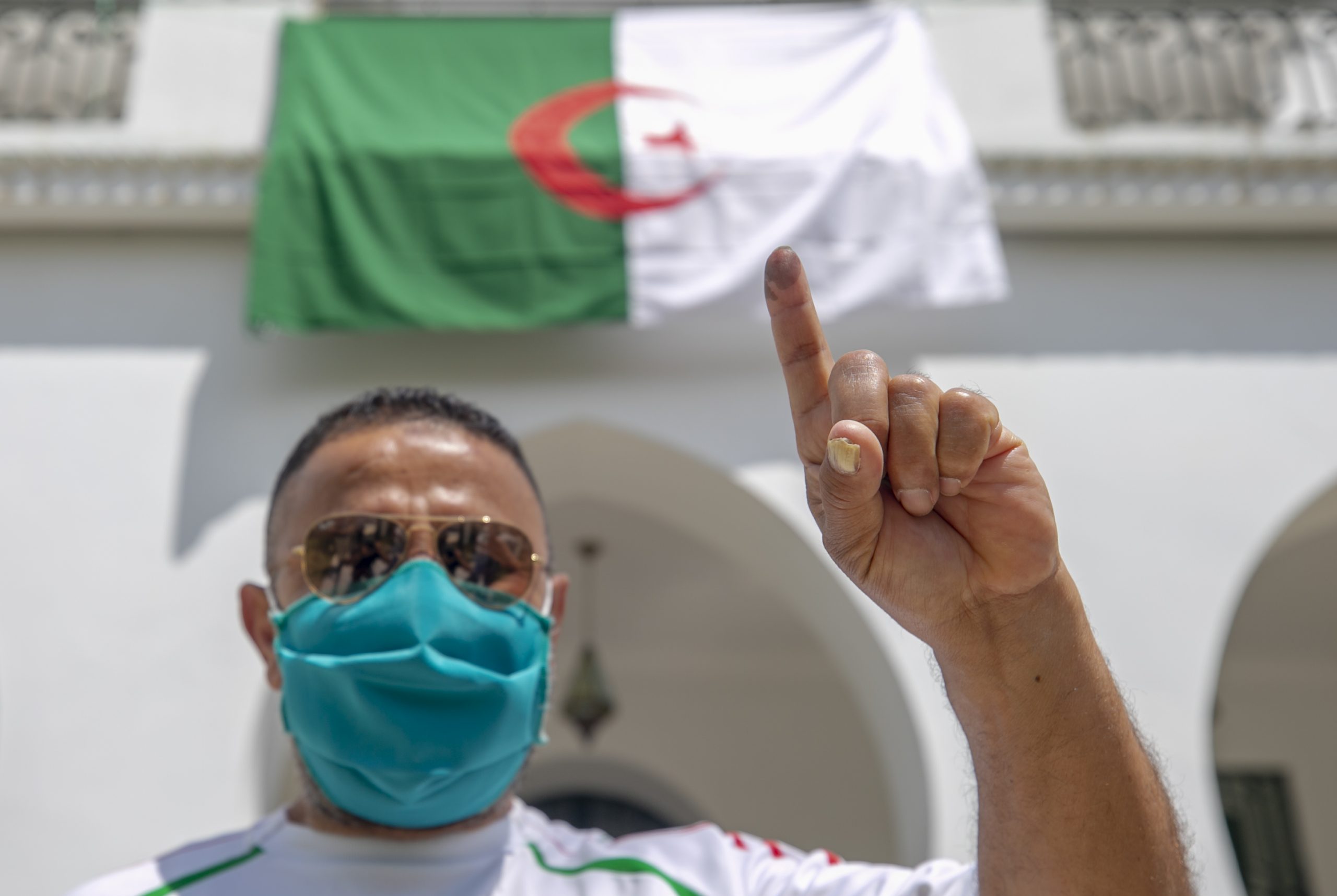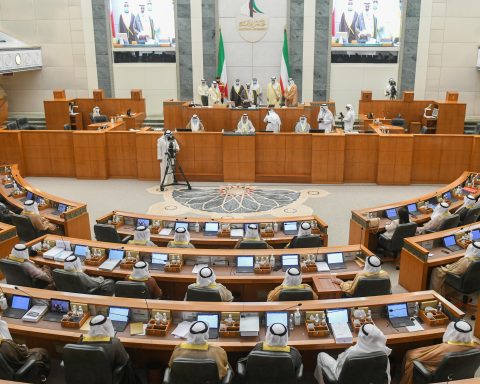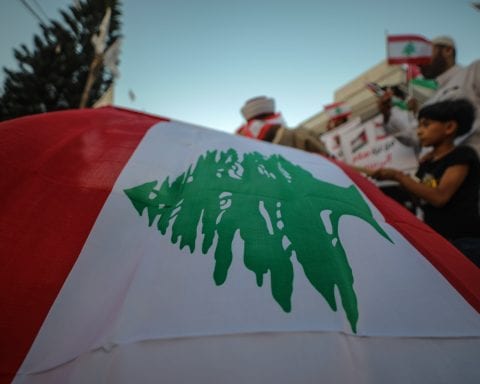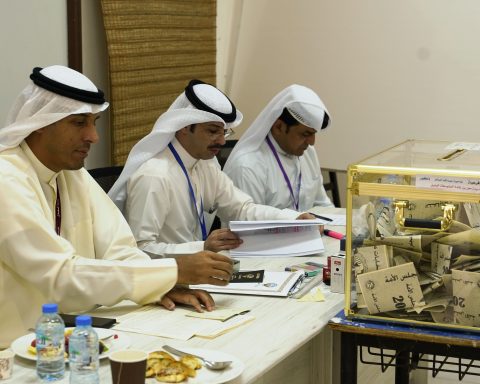The uncertain results of the early parliamentary elections in Algeria present President Abdelmadjid Tebboune with different options for the government to be formed.
Mohammed Charfi, Chairman of the Independent National Electoral Administration (ANIE), which manages the elections in the country, at a press conference on June 15, announced that the National Liberation Front (FLN) won 105 seats, the independents 78, the Islamic-oriented Movement of Society for Peace (MSP) 64, the Democratic National Rally (RND) 57, the Future Front 48, and the El Bina Movement 40 seats in the 407-member Assembly. Charfi said the remaining 15 seats were distributed among the other smaller parties, one or two at a time.
According to these results, one of the most striking points was undoubtedly that the independent candidates took second place in the Assembly, winning 78 out of 407 seats.
The announced results of the elections reveal that a coalition of at least 3 partners is required in the Parliament to form the government by reaching a %50+1 majority (204 seats). The formation of the government is dependent on the status of the prevailing majority in the Assembly, according to the Constitution amended in November 2020.
According to Article 103 of the Constitution, if the supporters of the president gain a majority in the parliamentary elections, the president forms the government and the president appoints a prime minister whose “authorities are limited to coordinating the work of the government”.
Considering the positions of the FLN, RND, Future Front, and El Bina Movement, which support all political initiatives of President Tebboune, especially the draft constitutional amendment, it becomes clear that the parliament will witness a majority supporting the president.
FLN Secretary General Abou El Fadhel Baadji stated at a press conference after the election results that they are ready to support the majority government to be determined by President Tebboune.
“Our program is close to that of President Tebboune, so we see ourselves in the majority government that Tebboune will determine,” Baadji said.
President of the MSP Abderrazak Makri said in a statement on 16 June that they can be included in the consensus government if the conditions are suitable, and if the political vision of the new government is compatible with the general views of the party.
Expressing that they will evaluate the proposals to take part in the coalition, Makri said, “We will see if it will be a strategic and good dialogue to serve the country.”.
On the other hand, Abdelkader Bengrina, the head of the Islamic-oriented El Bina Movement, stated that they will support the large-scale government to be formed under the auspices and leadership of President Tebboune to help the country come out of the political and economic crisis it is situated in.
In the current conjuncture, President Tebboune has three options for forming the government: a multi-party consensus government, a majority government that supports him in the Assembly, and a technocratic government with independent deputies.
However, independent deputies have, so far, had limited influence in the Assembly and have never taken sides in its formation of a government, even if they supported and voted for previous governments.
The fact that the independents rank second in the parliament in terms of the number of seats and the first party, which has only a quarter of the total number of deputies, cannot obtain a sufficient majority to form the government and will be forced to form an alliance with other blocs, may change the attitude of the independents towards supporting the government.
If the MSP (64 deputies), the Future Front (48 deputies), and the El Bina Movement (40 deputies) make an alliance and the independents join them (78 deputies) thanks to the orientation of President Tebboune, the regime parties FLN (105 deputies) and RND (57 deputies) will be excluded, and they will be in opposition. So, a government can be established without the need for the FLN and RND.
In brief, once the certain results are announced by ANIE, it will be followed carefully which option President Abdelmadjid Tebboune will focus on.














